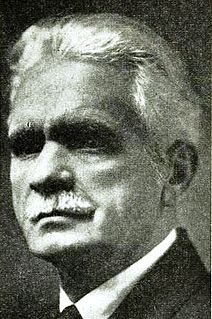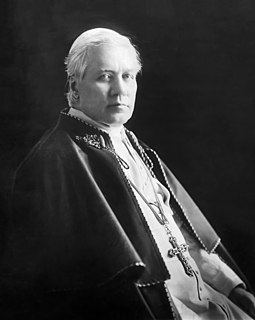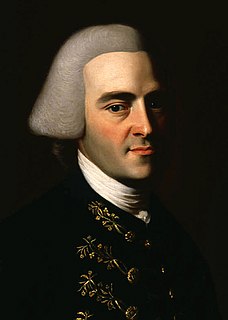A Quote by George Bernard Shaw
The Old Testament God is a person with body parts and passions. The Church of England God has neither body, parts nor passions, and is therefore not a person.
Related Quotes
First, we believe that God is a being with a body in form like man's; that he possesses body, parts and passions; that in a word, God is an exalted, perfected man. Secondly, we believe in a plurality of Gods. Third, we believe that somewhere and some time in the ages to come, through development, through enlargement, through purification until perfection is attained, man at last may become like God - a God.
God cannot suffer - at least not as we do. It has some roots in Greek philosophy: if God is a perfect being, suffering would reduce that perfection, so God cannot suffer. More thoughtful theologians take the phrase in the sense of one of the confessions of faith that talks of God as being "without parts or passions" - he is not physical as we are, and not subject to "passions" in the sense of uncontrollable emotions that can take charge of us at times. God is not "emotional," if that word is used as some kind of weakness.
...the great movement of apostasy being organized in every country for the establishment of a One-World Church which shall have neither dogmas, nor hierarchy, neither discipline for the mind, nor curb for the passions, and which, under the pretext of freedom and human dignity, would bring back to the world (if such a Church could overcome) the reign of legalized cunning and force, and the oppression of the weak, and of all those who toil and suffer. [...] Indeed, the true friends of the people are neither revolutionaries, nor innovators: they are traditionalists.
In my judgment, the Deists were all successfully answered. The god of nature is certainly as bad as the God of the Old Testament. It is only when we discard the idea of a deity, the idea of cruelty or goodness in nature, that we are able ever to bear with patience the ills of life. I feel that I am neither a favorite nor a victim. Nature neither loves nor hates me.
Nothing can separate you from His love, absolutely nothing, neither death nor life, nor angels, nor principalities, nor powers, nor things present, nor things to come, nor height, nor depth, nor any other creature... We do not need to beg Him to bless us, He simply cannot help it. Therefore God is enough! God is enough for time, God is enough for eternity. God is enough!
Obviously, if theism is a belief in a God and atheism is a lack of a belief in a God, no third position or middle ground is possible. A person can either believe or not believe in a God. Therefore, our previous definition of atheism has made an impossibility out of the common usage of agnosticism to mean "neither affirming nor denying a belief in God."
Devotion signifies a life given, or devoted, to God. He therefore is the devout man, who lives no longer to his own will, or the way and spirit of the world, but to the sole will of God, who considers God in everything, who serves God in everything, who makes all the parts of his common life, parts of piety, by doing everything in the name of God, and under such rules as are conformable to His glory.
I John Hancock, . . . being advanced in years and being of perfect mind and memory-thanks be given to God-therefore calling to mind the mortality of my body and knowing it is appointed for all men once to die [Hebrews 9:27], do make and ordain this my last will and testament...Principally and first of all, I give and recommend my soul into the hands of God that gave it: and my body I recommend to the earth . . . nothing doubting but at the general resurrection I shall receive the same again by the mercy and power of God. . .
Our passions are the chief means of self-preservation; to try to destroy them is therefore as absurd as it is useless; this would be to overcome nature, to reshape God's handiwork. If God bade man annihilate the passions he has given him, God would bid him be and not be; He would contradict himself. He has never given such a foolish commandment, there is nothing like it written on the heart of man, and what God will have a man do, He does not leave to the words of another man. He speaks Himself; His words are written in the secret heart.






































